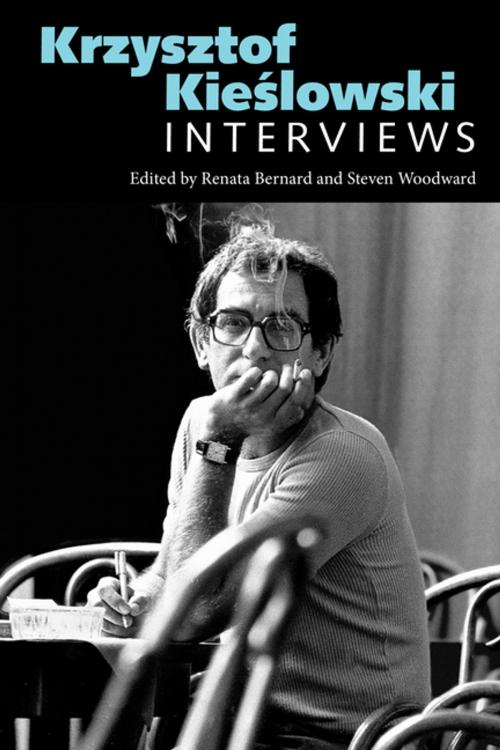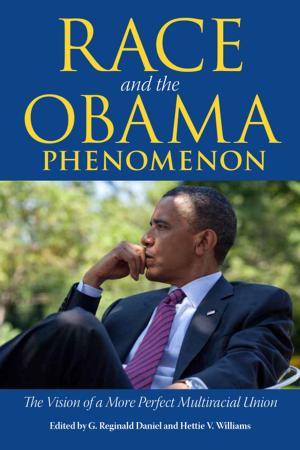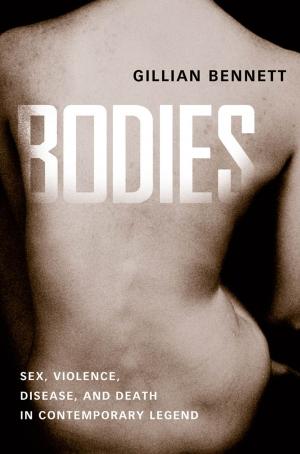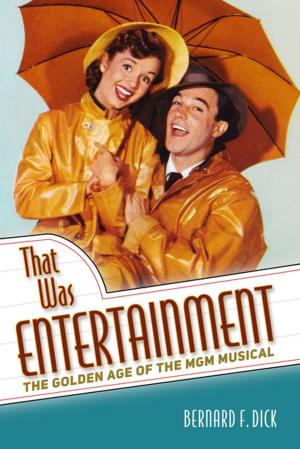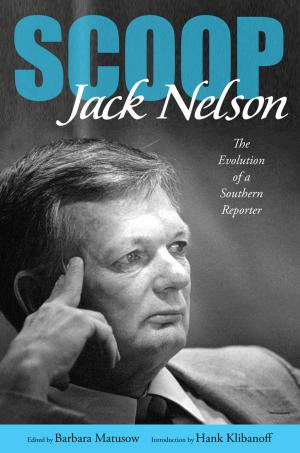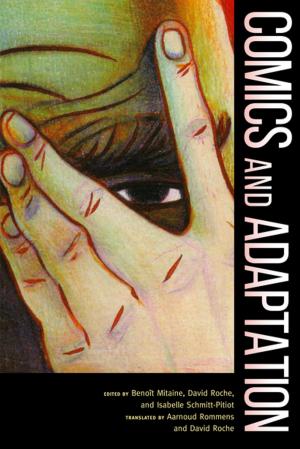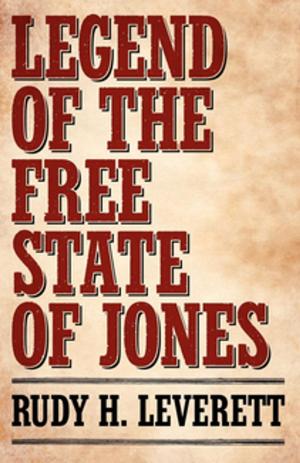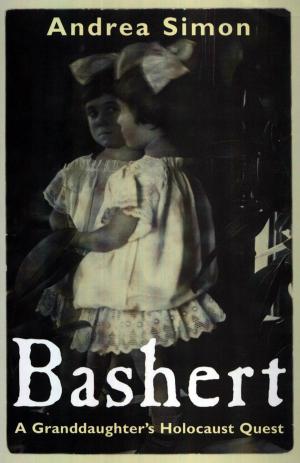Krzysztof Kieslowski
Interviews
Nonfiction, Entertainment, Film, Direction & Production, Performing Arts| Author: | ISBN: | 9781626745742 | |
| Publisher: | University Press of Mississippi | Publication: | March 14, 2016 |
| Imprint: | University Press of Mississippi | Language: | English |
| Author: | |
| ISBN: | 9781626745742 |
| Publisher: | University Press of Mississippi |
| Publication: | March 14, 2016 |
| Imprint: | University Press of Mississippi |
| Language: | English |
Krzysztof Kieslowski's untimely death came at the height of his career, after his Three Colors trilogy of films garnered international acclaim (and an Oscar nomination), and he had been proclaimed Europe's most important filmmaker by many critics. Born in 1941, he was only fifty-four years old when he died.
Kieslowski himself tried to tell the story of his life and career in the 1993 book Kieslowski on Kieslowski. This collection, by contrast, reveals the shifting voice of a filmmaker who was initially optimistic about his social and cultural role, then felt himself buffeted by the turbulent politics and events of the People's Republic of Poland. As described in the chronology in this book, he found himself subject to the "economic censorship" of post-Communist filmmaking.
How Kieslowski responded at each moment of his life, what he tried to achieve with each of his films, is finely detailed in thirty-five selections. These pieces bring together his thesis from the famous Lodz film school, a manifesto written just before the dark days of martial law in Poland, diary entries from the first time he was working outside Poland, and numerous rare interviews from Polish-, French-, and English-language sources.
Krzysztof Kieslowski's untimely death came at the height of his career, after his Three Colors trilogy of films garnered international acclaim (and an Oscar nomination), and he had been proclaimed Europe's most important filmmaker by many critics. Born in 1941, he was only fifty-four years old when he died.
Kieslowski himself tried to tell the story of his life and career in the 1993 book Kieslowski on Kieslowski. This collection, by contrast, reveals the shifting voice of a filmmaker who was initially optimistic about his social and cultural role, then felt himself buffeted by the turbulent politics and events of the People's Republic of Poland. As described in the chronology in this book, he found himself subject to the "economic censorship" of post-Communist filmmaking.
How Kieslowski responded at each moment of his life, what he tried to achieve with each of his films, is finely detailed in thirty-five selections. These pieces bring together his thesis from the famous Lodz film school, a manifesto written just before the dark days of martial law in Poland, diary entries from the first time he was working outside Poland, and numerous rare interviews from Polish-, French-, and English-language sources.
